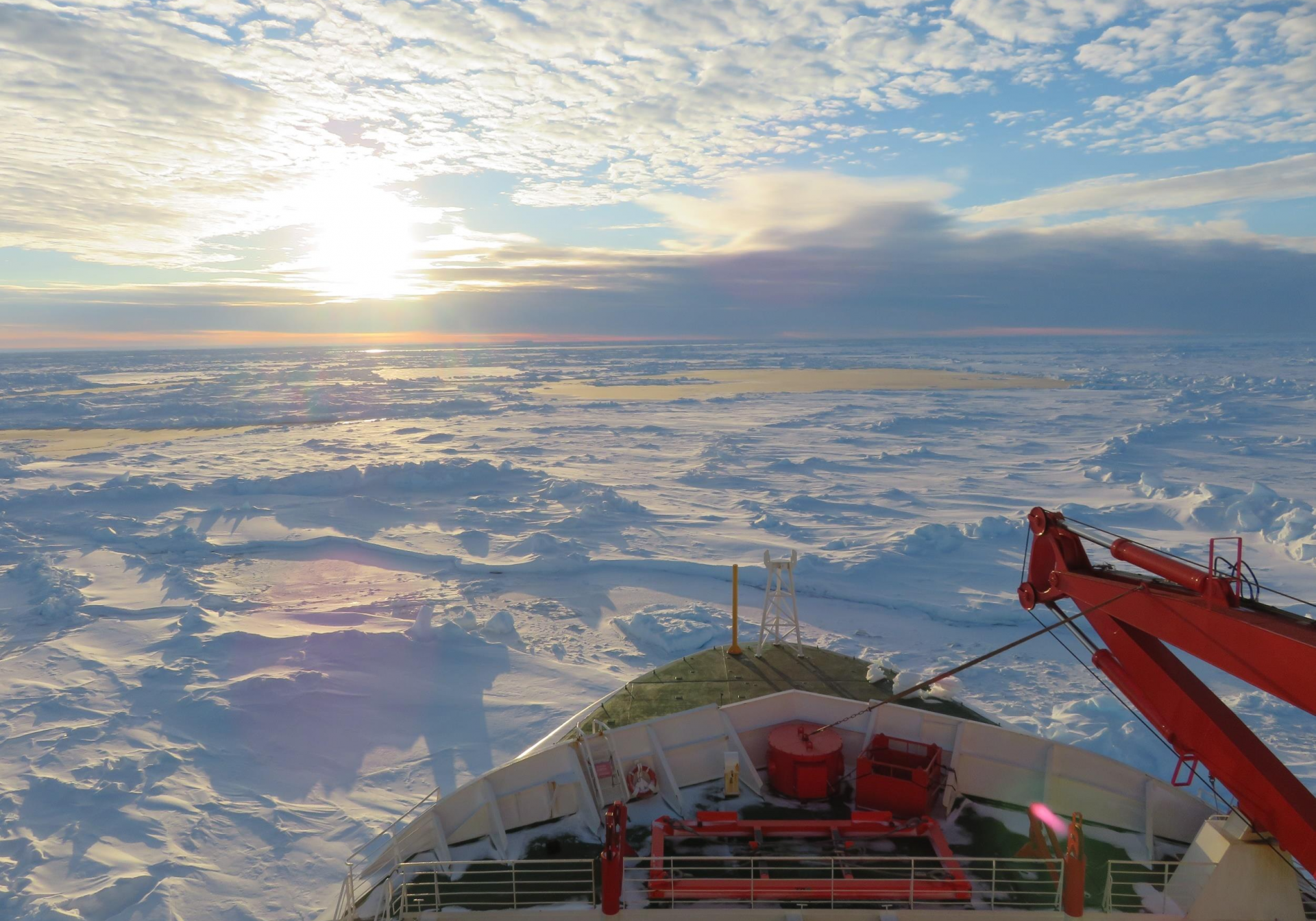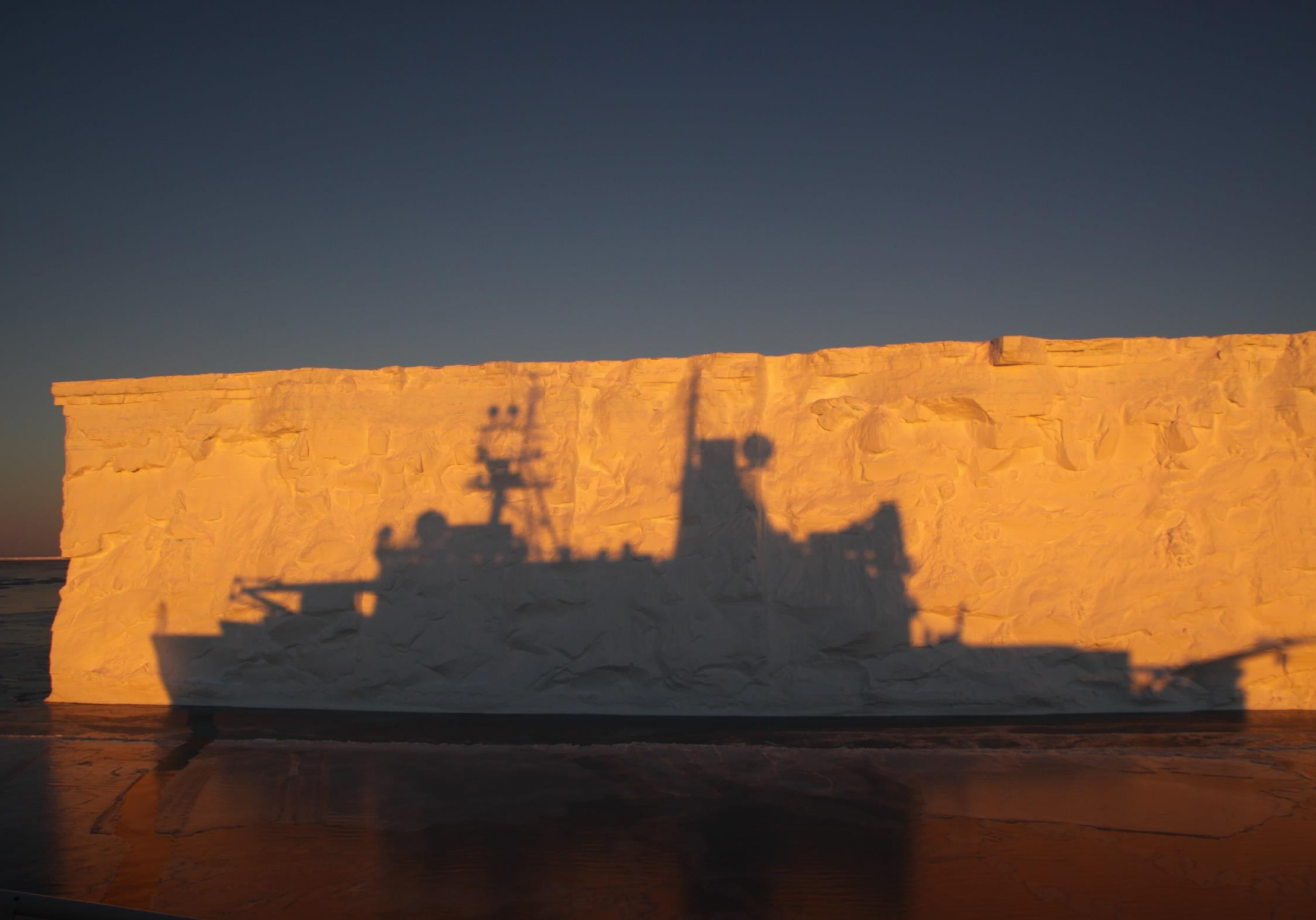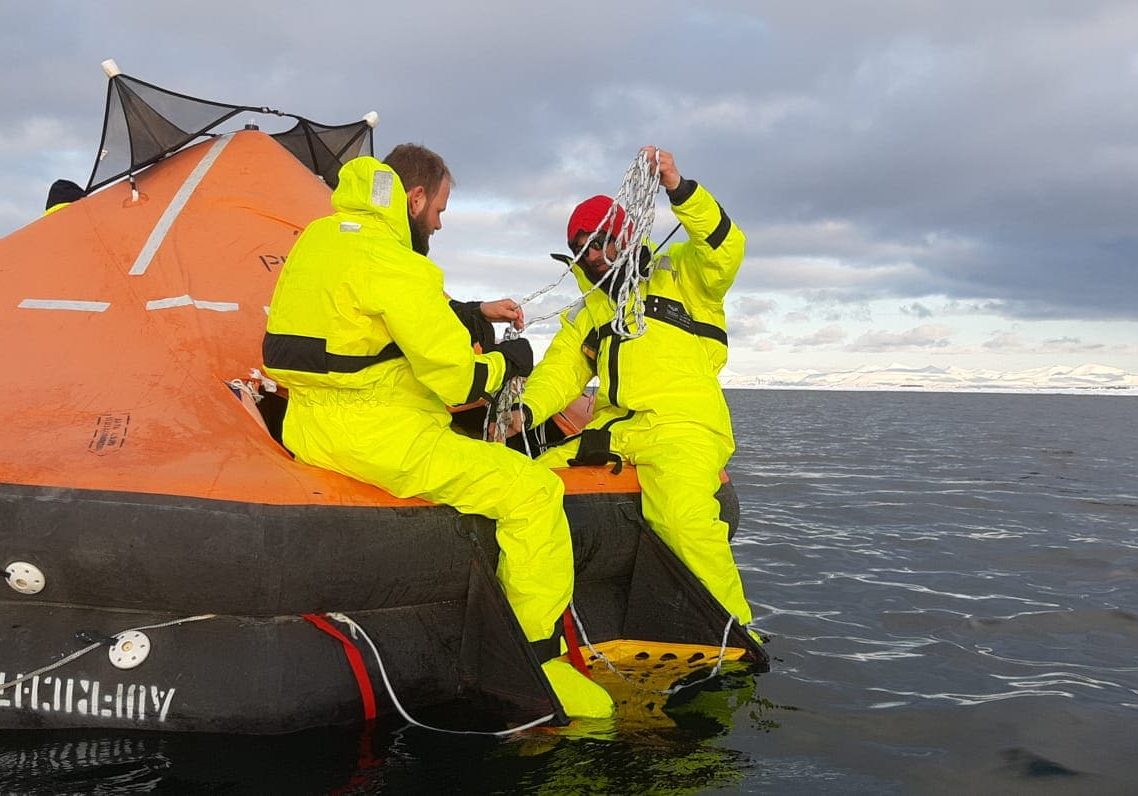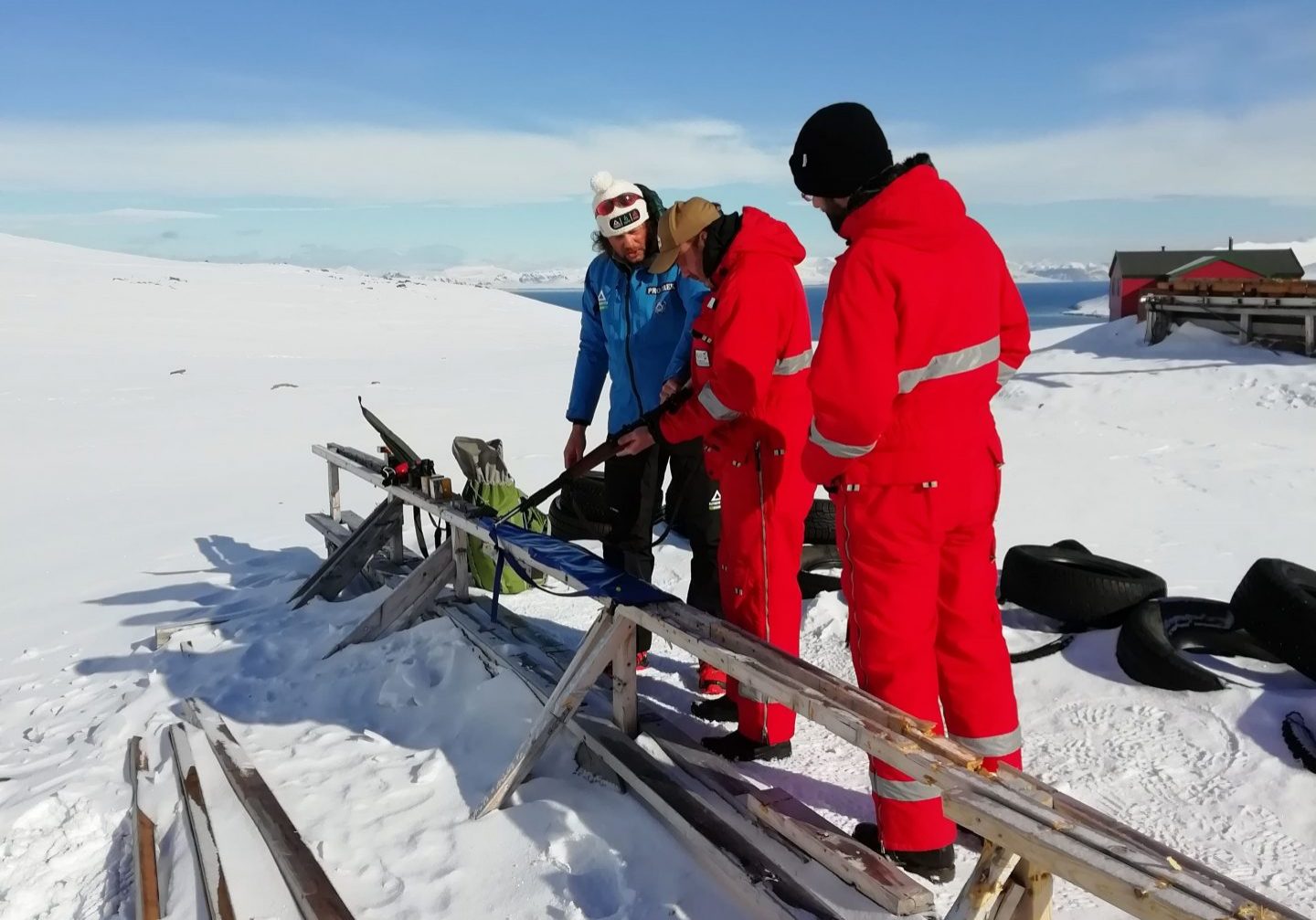Polar Code Courses
Polar Code Basic Course:
18.06.-20.06.2024 Elsfleth
11.09.-13.09.2024 Elsfleth
certified by the German Federal Administration
Polar Code Advanced Course:
25.06-27.06.2024 Elsfleth
certified by the German Federal Administration
Polar Code Svalbard Course:
20.10.2024 - 26.10.2024 at Svalbard
Would you like to participate? Write to us here.
Or call us: +49 471 94549 - 50
Do you have many participants? Ask here for our special conditions.
Polar Code courses are
Why is the training mandatory?
Polar waters present a variety of specific risks unique to high latitudes. Rapidly changing and severe weather conditions, persistent darkness or daylight, icing, little or no reliable hydrographic data, low availability of communications and navigational aids present nautical challenges. Remoteness makes rescue operations and potential pollution clean-up difficult and expensive. Low air temperatures limit the functionality of many ship systems. This affects deck machinery, safety equipment, as well as machinery systems. If ice is in the vicinity, the ship's hull, propulsion and appendages are put under additional strain. While the two polar regions have a number of similarities, there are also significant differences.
Our training courses are certified by the BSH and comply with IMO STCW. We are working with icebreakers since 1996. Our instructors are masters and chief mates of great experience. Due to our ongoing operations in the relevant regions, we are always up to date and therefore well positioned to fulfil even the latest training needs for our customers.
Which Course do I need?
The type of training for nautical officers depends on the type of ship (tanker, passenger ship or other vessel) and the ice concentration in the area of operation.
We will be happy to advise you on the choice of the right course for your crews.
The following tables provide information on the legal requirements.
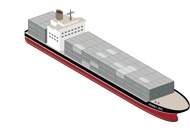
Cargo ships
(other ships)
| Ice-Conditions / Training | Basic | Advanced | In-Situ | On Board |
|---|---|---|---|---|
| Ice free in polar areas | - | - | - | - |
| Open waters (less than 1/10 ice) | - | - | - | - |
| Ice exceeding 1/10 near ports | Officer of the watch | Master & Chief mate | - | Crew |
| Ice exceeding 1/10 in High Latitudes | Officer of the watch | Master & Chief mate | according to PWOM | Crew |
| High Latitudes during off Season | Officer of the watch | Master & Chief mate | according to PWOM | Crew |
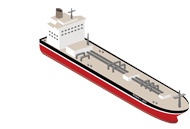
Tankers
| Ice-Conditions / Training | Basic | Advanced | In-Situ | On Board |
|---|---|---|---|---|
| Ice free in polar areas | - | - | - | - |
| Open waters (less than 1/10 ice) | Master, Chief mate & Officer of the watch | - | - | - |
| Ice exceeding 1/10 near ports | Officer of the watch | Master & Chief mate | - | Crew |
| Ice exceeding 1/10 in High Latitudes | Officer of the watch | Master & Chief mate | according to PWOM | Crew |
| High Latitudes during off Season | Officer of the watch | Master & Chief mate | according to PWOM | Crew |
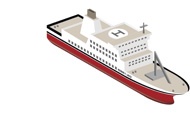
Passenger ships /
Research
| Ice-Conditions / Training | Basic | Advanced | In-Situ | On Board |
|---|---|---|---|---|
| Ice free in polar areas | - | - | - | - |
| Open waters (less than 1/10 ice) | Master, Chief mate & Officer of the watch | - | - | - |
| Ice exceeding 1/10 near ports | Officer of the watch | Master & Chief mate | according to PWOM | Crew |
| Ice exceeding 1/10 in High Latitudes | Officer of the watch | Master & Chief mate | according to PWOM | Crew |
| High Latitudes during off Season | Officer of the watch | Master & Chief mate | according to PWOM | Crew |

